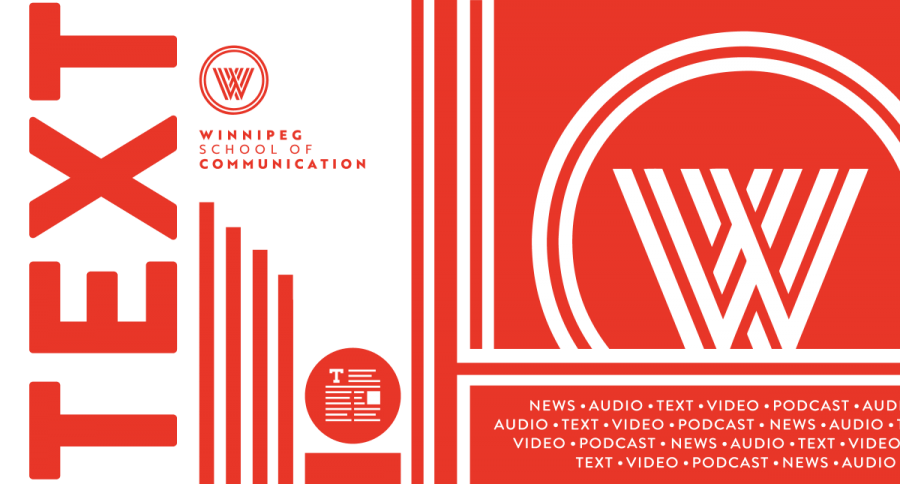
On Eric McLuhan’s “Media Ecology in the 21st Century”
Eric McLuhan’s last speech, “Media Ecology in the 21st Century,” was delivered at El Nogal in Bogotá, Colombia, on May 17th 2018. He died, suddenly, the following afternoon. The following remarks were written to introduce that speech when it’s published along with the speeches which Lance Strate and Sergio Roncallo-Dow gave that evening.
ME21: Introduction
Asked to travel to Bogotá, Colombia, to give an opening address at the Universidad de la Sabana’s launch of their doctorate program in communication, Eric McLuhan used the opportunity to make some comments regarding what he felt needed immediate (and overdue) attention in the area of media ecology, and to offer some advice to people wading into that field of study. He felt that those just starting out, especially as they are in Colombia, removed from what now constitutes a tradition in North America, have a great opportunity to make a fresh start; to avoid some of the pitfalls and mistakes; to begin again.
Eric McLuhan was there when the idea of media ecology was born. Indeed, he maintained that he came up with the term while in New York City in 1967–68 helping his father Marshall McLuhan as he taught at Fordham, and that Neil Postman “ran with it.” In the McLuhan school of media ecology, it is not simply an area of study, but an area of action, and this is what Eric wanted to get across in his speech. We have to be more than observers, we have to be agents of change. It’s been more than 50 years. Enough talk, time to act. This activist stance, taken seriously—as it is meant to be taken—is not popular. It’s radical. It requires great changes in various cultures’ attitudes and habits, and it means significant reduction of profits for technology companies and their shareholders. That is some of what we’re up against.
In a letter dated May 6, 1969, Marshall McLuhan wrote to Jacques Maritain:
There is a deep-seated repugnance in the human breast against understanding the processes in which we are involved. Such understanding involves far too much responsibility for our actions. . . . Since we are doing these things to ourselves, there is no earthly reason for submitting to them unconsciously or irrationally.1
My father was becoming bold in his statements. A devout and life-long Catholic, he was more willing to speak in public about his faith, especially as it related to his work. He had, in the last year or two since the publication of The Sensus Communis, Synesthesia and the Soul,2 spoken publicly a few times about his ideas for a “Catholic theory of communication,” particularly when we traveled to Saskatoon where he gave the Keenan lecture at St. Thomas More College, University of Saskatoon, in November 2017.3
I had been traveling with my father for the last ten years or so. Because of his at-times fragile health, he needed someone with him who could assist in an emergency. It was during these trips that I began to get interested in “the family business,” as it were. Hearing him talk, and in our own conversations during travel, I began to get an understanding of what it was all about. Understanding is addictive. My interest was cemented when I spent almost two years documenting and inventorying Marshall McLuhan’s personal library prior to its relocation to the Fisher Rare Book Library at the University of Toronto.4
Because of Eric’s advancing age and increasing difficulty with travel—he was 76 years old, and I had started to wheel him through airports in a wheelchair because he couldn’t walk very long distances—we had decided he would retire from traveling to speak in 2018. We had already committed to two engagements this year, Colombia and Germany, and decided to keep them.5
In the tragedy and shock of my father’s death on Friday, May 18th while we were in Colombia, there was a surprising amount of beauty. As Marshall tended to teach at Catholic institutions, so my father seemed to get invited to speak at Catholic institutions. Our last three trips were to St. Mary’s College in California (Keynote address to the Media Ecology Association’s annual conference), St. Thomas More College in Saskatoon (The 29th Michael Keenan Memorial Lecture), and La Universidad de la Sabana in Chia just outside of Bogotá, Colombia.
He went out with style and grace
Eric took the opportunity to pray in the university’s two chapels, and had been remarking on an abundance of roses, a sign he related to St. Theresa de Lisieux, who he had a particular fondness for. It is a comfort to his family that Eric died while in the bosom of his faith; practising it with his characteristic devotion, feeling its real presence around him. It is fitting that his last public address would be about looking forward to media ecology in the 21st century, entreating us to be bold, have courage, blaze new trails.
He went out with style, and grace. I will miss his presence, his wit, his obsession with all forms of puns, his humour. I will miss his instruction, his patience in answering my every question with their often-obvious answers. The world is poorer for the loss of his knowledge and skill. I will wish I paid closer attention. I will have to be content with what I was able to learn, and trust that it prepared me to go forward. I will treasure it all as well, and I am glad he left behind much on the record, for us all.
“Media Ecology in the 21st Century” is more than a wonderful speech; it is a map, a way forward.6 The short and emotionally charged conclusion to the speech was written by hand while Eric waited to go on stage. He urges us to be bold, dares us to be radical, fortifies us with courage. Let’s go—there’s little time to waste.
Andrew McLuhan
Picton
June 2, 2018
